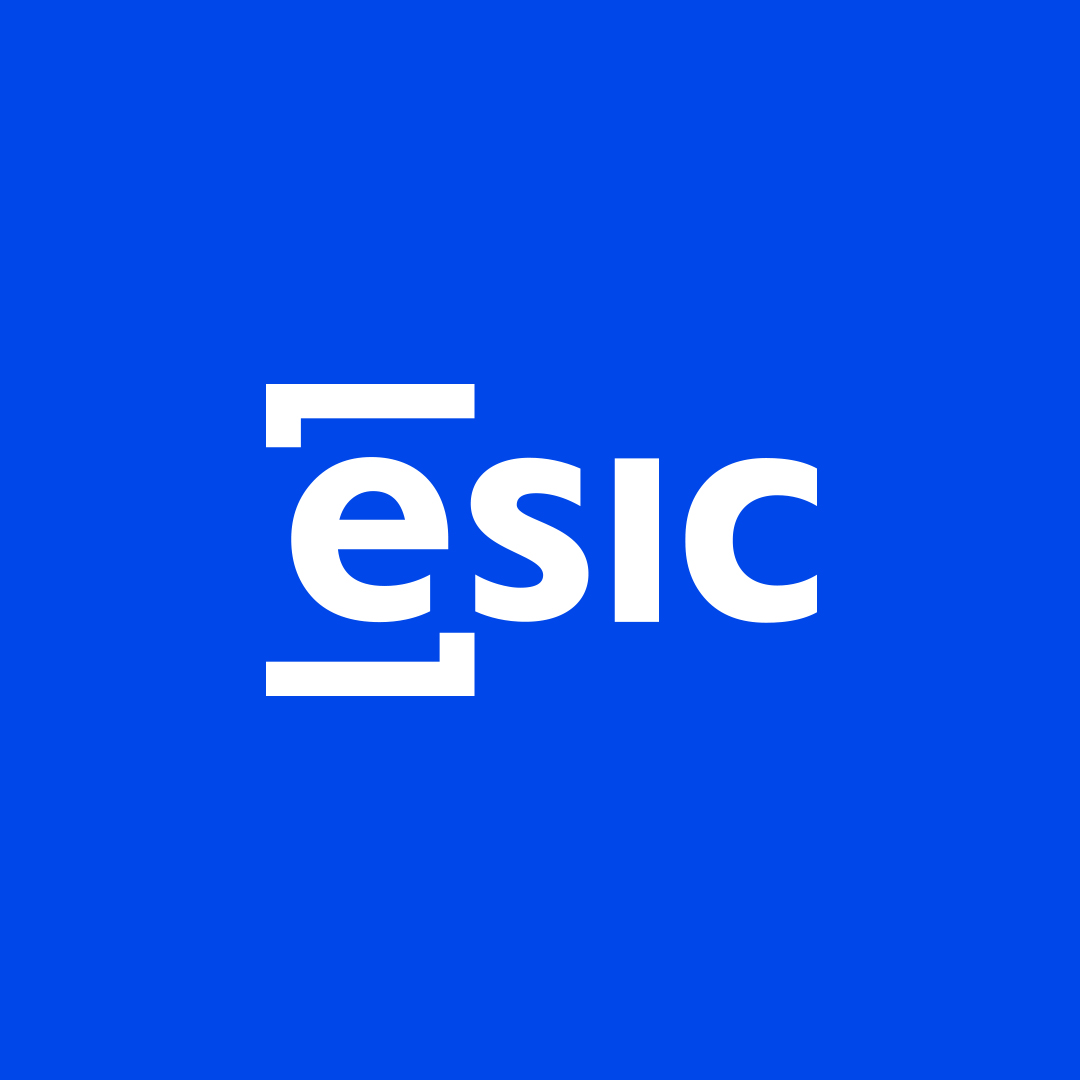
Multi-criteria decision analysis towards robust service quality measurement
Comercial y Ventas | Artículo-
Visit1845
- Junio 2021
- Date of publication
- Junio 2021
- Commercial and Sales
- Article
This work presents a decision support model to service quality systems. This paper has been published in Expert Systems With Applications journal (ESWA), where we have measured the quality of the services at airports. ESWA is a high-impact journal devoted to the information technology application, expert-based decision-making systems, and serves systematic approaches to decision-making models. In the paper, we have presented a new decision-making platform to reduce the complexity in measuring service quality and facilitate the establishment of a structure for a service quality management system.
Multi-criteria decision aid (MCDA) is considered an essential category of decision sciences. Scientists and experts take advantage while they need to resolve a complex decision or analytical problem (choosing among different options or alternatives) with different indicators. The subject of measuring the quality of the service sector (like in hospitals, insurance companies, airports, hotels, etc.) is an evaluation problem with many factors. In the corresponding paper we have sought the following contribution:
- We proposed a new hybrid group decision-making framework with Simple Weighting Additive Ratio Analysis (SWARA) and MARCOS methods under grey numbers.
- This paper points out a novel decision-making approach for measuring the service quality of airports in a real-case study. The employed interval and linguistic grey variables allow experts, in airport operations, to express their opinions with higher flexibility and comfortability. Our model provides a more objective expert evaluation of criteria with higher quality in results. In this study, we have gathered the opinion of the experts in evaluating the quality at airports using the linguistics variables. This is because of lacking quantitative data and uncertain conditions of the decision-making process. This enhances the accuracy of the outcomes.
- The presented model could be re-applied for other studies or practical cases as a user-friendly decision support system.
In this research, we have supposed to evaluate five airports in Spain: Madrid, Barcelona, Palma de Mallorca, Malaga, and Alicante. To that aim, several factors were examined: courtesy and helpfulness of staffs, information desk and security, cleanness of airport facilities and services, variety of shops & restaurants, access to ATM, exchange offices availability, lighting system, air-conditioning systems, flight display information, access to underground, bus or main transportation systems, parking spaces, car rental offices, check-in process efficiency, wi-fi open access & quality, and baggage claim.
For the evaluation process (to rate the airports and fill the questionnaire) two experts participated and several meetings were held. The experts delivered their opinion using grey and verbal (linguistic) values. We determined the importance (weights) of quality indicators as well as the airports for those criteria of importance. Our observation released that parking and access to internet wi-fi are recognized as the most influencing service parameters while ATM availability has the least significance among the rest of them.
Our decision-making approach enables decision-makers to express their preferences as clearly as possible and to reduce the subjectivity and uncertainty that exists in the decision-making process. Our proposed model for evaluation of service quality in the airline sector has several implications:
- Establishing a service quality system reflects a positive point to the passengers’ expectations. Our comparison of airports was done by independent, unbiased experts from other airports. This reduces the bias in data collection and enhances the reliability of results.
- The unique combined decision model we used to decrease the difficulty of a qualitative evaluation.
During the survey, we have confronted with some limitations that we could not attend to the passenger-driven framework for the airport service quality measurement. Future research direction would be the integration of other tools like quality function deployment (QFD) for customer satisfaction and utilization of fuzzy MCDA methods such as combined compromise solution (CoCoSo) and multi-attributive border approximation area comparison (MABAC).
The model can be used in any kind of evaluation system when experts or policymakers need to know the priority of some alternatives or options; this happens when someone is facing complex variables with different objectives. The model can be adopted in the supply chain system, manufacturing, logistics, information technology, or any kind of application where some alternatives should be selected among various factors.
- Dr. Dragan Pamucar. Dr. Dragan is an Associate Professor at the University of Defense in Belgrade, Department of Logistics, Serbia. He received a PhD in Applied Mathematics with specialization from the University of Defense in Belgrade, Serbia. He researches in the field of Computational Intelligence, Multi-criteria decision-making problems.
- Dr. Morteza Yazdani. Morteza Yazdani joined ESIC University as Assistant Professor, Madrid. He worked at Universidad Loyola Andalucía and the University of Toulouse. Morteza handles research in Management and Operations specifically decision-making and supply chain management.
- Dr. María José Montero-Simó. María José Montero-Simó is a professor of Marketing at the Universidad Loyola Andalucía, Spain. She is the head of the Management Department and coordinates the research group in Business Capabilities, Economic Growth, and Development of the Doctoral Program.
- Dr. Rafael A. Araque-Padilla. Rafael A. Araque-Padilla is an associate professor of Marketing at the Universidad Loyola Andalucía (Spain). He is the current director of the PhD Program in Inclusive and Sustainable Development. Dr. Araque-Padilla handles research on Macromarketing, Marketing, and Development.
- Dr. Ahmed Mohammad. Ahmed Maher is a senior lecturer in Logistics & Supply Chain Management and course leader of the MSC Logistics & Supply Chain Management program at Muscat University. He has six years of academic teaching experience in the UK and the Middle
You may also be interested in

Customer success: definition and how to implement it
In today's business environment, where competition is fierce and customer expectations continue to grow, customer success has become a key element in ensuring the success of a company's business.
- Published by _ESIC Business & Marketing School

What is the Ishikawa diagram and how to do it. Examples
How many times have we tried to solve a problem by patching it up, without going deep into the real cause, into the root of the problem? There are many companies that, when faced with crises or problems, try to...
- Published by _ESIC Business & Marketing School

JavaScript: what it is, what it is used for and examples
Undoubtedly, JavaScript is one of the most widely used programming languages worldwide. In fact, as early as 2021 it was being used by 14 million programmers according to Genbeta. The trend has been increasing...
- Published by _ESIC Business & Marketing School

